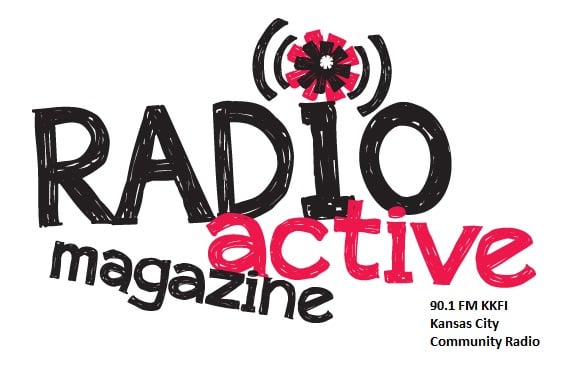The incarceration rate in the US is five times what it was over 40 years ago, around 1974. It increased dramatically in the last quarter of the twentieth century after being relatively stable at roughly 0.1 percent of the population for the middle half of the twentieth century.
However, those explanations seem fairly weak when we note that there was no contemporaneous increase in crime. So why did the public suddenly become so concerned about crime that they voted for politicians who enacted these changes?
The research literature on “the social construction of crime” provides an explanation: The mainstream commercial broadcasters shifted their editorial policies in selecting stories for news to focus on the police blotter: This gave the public the impression that crime was out of control, even though there was no substantive change in the crime rates. This increased public concern translated into changes in the actions of politicians who wanted to respond to the change in public concern; politicians who failed to respond to this shift in public opinion were replaced by others who did.
People of color bore the brunt of this shift, as documented in the 2010 book by Michelle Alexander, The New Jim Crow.
This shift offered substantial financial benefits for the mainstream commercial broadcasters. They were able to retain and perhaps even increase their audience while reducing their costs. To understand this, note that
- Media organizations sell changes in audience behavior to their funders.
- Investigative journalism is very expensive, because it threatens to expose problems that might offend people with substantive control over the media — like major advertising budgets in the US.
How many businesses prosper by biting the hands that feed them?
On the other hand, you can slander and libel poor people with impunity, because they have very limited means of retaliating.
This exploits a fundamental defect in how humans make decisions, documented by research psychologist Daniel Kahneman, who won the 2002 Nobel Memorial Prize in Economics for this work. He’s a psychologist, not an economist. He won the economics prize for showing that the standard economics models of how people think are wrong.
Kahneman showed that people generally make decisions based on what comes readily to mind. We are capable of think more deeply about things and looking for additional evidence. However, we can’t possibly do that for every decision. Kahneman showed that we rarely do it even for our most important decisions, for which research and thought would be well rewarded. One example is people’s general failure to invest in research and thought is the five-fold increase in incarcerations in the US just mentioned.
Another example was exposed in February 28, 2016, when Les Moonves, President and CEO of CBS, told an investor conference that the Trump campaign “may not be good for America, but it’s damn good for CBS. … The money’s rolling in, and this is fun.”
Another example is a roughly five-fold increase in terrorism deaths worldwide that began in 2012 and doubled in 2014 after between 500 and 600 committed jihadists with the Islamic State (ISIL) captured US-supplied weapons from a force with a paper strength of 120,000 men. ISIL succeeded in this, because the Iraqi military, supplied and trained by the US, had no where near that many troops. Many of the troops they did have paid half their salaries to their officers for not showing up for training. And CBS and the other major US broadcasters got their share of that corruption money in the form of advertising from international business executives, who want the US to support corruptions in foreign countries, as long as it seems to benefits them.
For more on this see “Winning the War on Terror” on Wikiversity or go to EffectiveDefense.org, and click on the link to take you to “Category:Freedom and abundance” on Wikiversity. “Winning the War on Terror” is one of the articles in that category.
Fortunately, there are things people can do about this:
- Turn off ABC, CBS, CNN, NBC, Fox, cable television.
- Get high speed Internet .
- Support noncommercial investigative journalism with transparent funding that puts everything they produce on the web in the public domain.
Moreover, there is a body of research that indicates that if only 3.5 percent of the population gets behind a program like this, there will be major change. If a third of African-Americans do this, they alone will provide the needed 3.5 percent.
To support this change, the presenter in this episode, Spencer Graves, is working with the NAACP of Johnson County, Kansas, to develop a “Tech Committee” to help people do this.
He mentioned three resources: “www.ConnectingForGood.org“, which sells refurbished desktops for $50 and notebooks for $100 for low-income people. They and the Johnson County Public Library provide free classes.
FOR SLIDES USED WITH THIS PRESENTATION, SEE:
Incarcerations & the Media2017-04-09.
FOR THE Z-FOLD BROCHURE DISTRIBUTED WITH THIS PRESENTATION, SEE:



